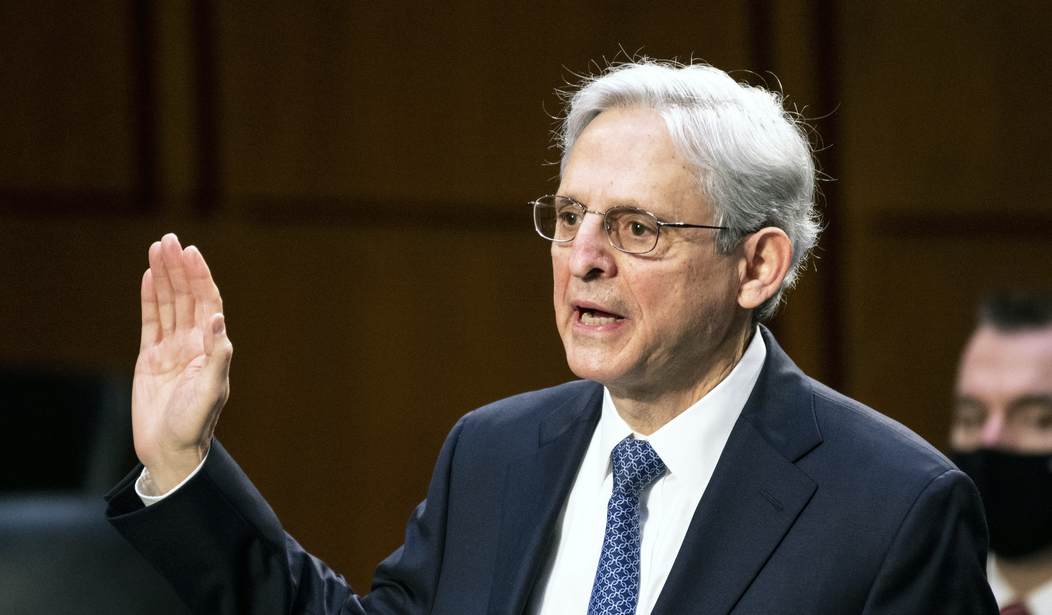I’ll bet, even though it should be at top of Merrick Garland’s investigatory list. An anonymous bureaucrat leaked private information protected by criminal statutes not for the purposes of whistleblowing, but arguably to force Congress to dedicate more funding for his agency. The enthusiasm for smoking out this access abuser will likely be in inverse ratio to the enthusiasm for his agenda, methinks.
At least the Attorney General acknowledged the problem:
Attorney General Merrick Garland told lawmakers Wednesday that investigating the source of a massive leak of taxpayer information behind an article by investigative news outlet ProPublica will be one of his top priorities.
“I promise you, it will be at the top of my list,” Garland assured Sen. Susan Collins, R-Maine, during a budget hearing before the Senate Appropriations Committee.
The former federal judge said that at the moment he knew nothing more than what he learned from reading the sprawling article, which revealed that in some recent years billionaires such as Amazon CEO Jeff Bezos, Tesla CEO Elon Musk, and businessmen Michael Bloomberg, Carl Icahn and George Soros paid no federal income taxes.
“Senator, I take this as seriously as you do. I very well remember what President [Richard] Nixon did in the Watergate period — the creation of enemies lists and the punishment of people through reviewing their tax returns,” Garland said. “This is an extremely serious matter. People are entitled, obviously, to great privacy with respect to their tax returns.”
It is an extremely serious matter, but if Garland’s taking it seriously, he seems to be the only one on his side of the aisle. Democrats used the ProPublica exposure as leverage to demand wealth taxes and more IRS resources for enforcement. That just happens to be on Joe Biden’s agenda, and undoubtedly the IRS and its employees are cheering at the mention of it. Including, almost certainly, the lawbreaker who stole that private data in the first place. This only incentivizes more manipulation of private data to serve bureaucrats’ public-policy interests.
How difficult should it prove to find out who did it? Presumably, the IRS uses systems that logs access requests to this protected data. Those types of security systems have identified leakers in the defense industry (remember Reality Winner and the amateurish handling by The Intercept?) and health-care agencies. Especially after the Lois Lerner scandal, one would expect that the IRS has similar tracking capabilities, and that the names of those who accessed all of these returns would be a vanishingly small list.
If the IRS has a similar tracking system, Garland and the Department of Justice should already have a pretty good idea who leaked this. If the IRS doesn’t have such a system, that should prompt explanations from the IRS and Treasury Secretary Janet Yellen as to why not. That’s even more critical in these days of ransomware hackers, not to mention penetrations by China and Russia into government systems for other purposes. China’s year-long pillaging of the Office of Personnel Management’s system gave them access to tons of personal data with which to conduct pressure campaigns. Imagine the trove that a foreign intel service could get from the IRS.
So yes, this is an extremely serious matter. Whether this administration really treats it as such, or instead exploits it for their political hobby horses, remains very much to be seen.








Join the conversation as a VIP Member